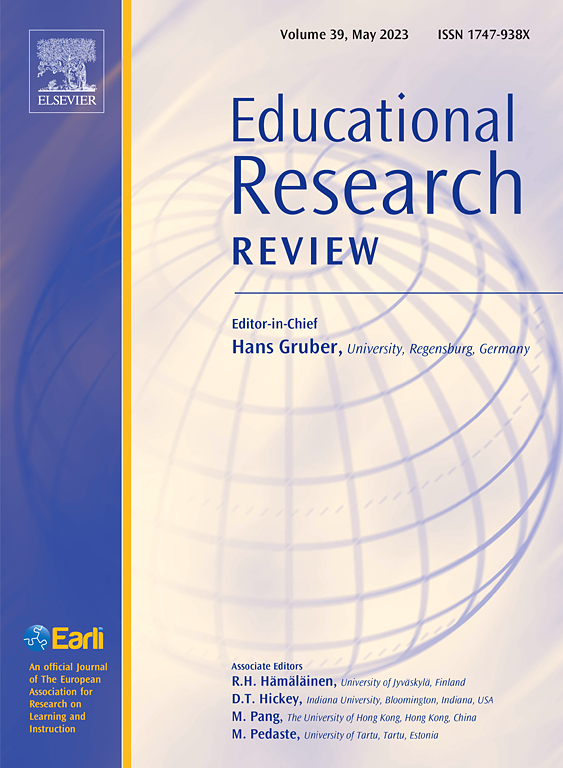Let's talk evidence – The case for combining inquiry-based and direct instruction
Abstract
Many studies investigating inquiry learning in science domains have appeared over the years. Throughout this period, inquiry learning has been regularly criticized by scholars who favor direct instruction over inquiry learning. In this vein, Zhang, Kirschner, Cobern, and Sweller (2022) recently asserted that direct instruction is overall superior to inquiry-based instruction and reproached policy makers for ignoring this fact. In the current article we reply to this assertion and the premises on which it is based. We review the evidence and argue that a more complete and correct interpretation of the literature demonstrates that inquiry-based instruction produces better overall results for acquiring conceptual knowledge than does direct instruction. We show that this conclusion holds for controlled, correlational, and program-based studies. We subsequently argue that inquiry-based and direct instruction each have their specific virtues and disadvantages and that the effectiveness of each approach depends on moderating factors such as the learning goal, the domain involved, and students' prior knowledge and other student characteristics. Furthermore, inquiry-based instruction is most effective when supplemented with guidance that can be personalized based on these moderating factors and can even involve providing direct instruction. Therefore, we posit that a combination of inquiry and direct instruction may often be the best approach to support student learning. We conclude that policy makers rightfully advocate inquiry-based instruction, particularly when students’ investigations are supplemented with direct instruction at appropriate junctures.

 求助内容:
求助内容: 应助结果提醒方式:
应助结果提醒方式:


